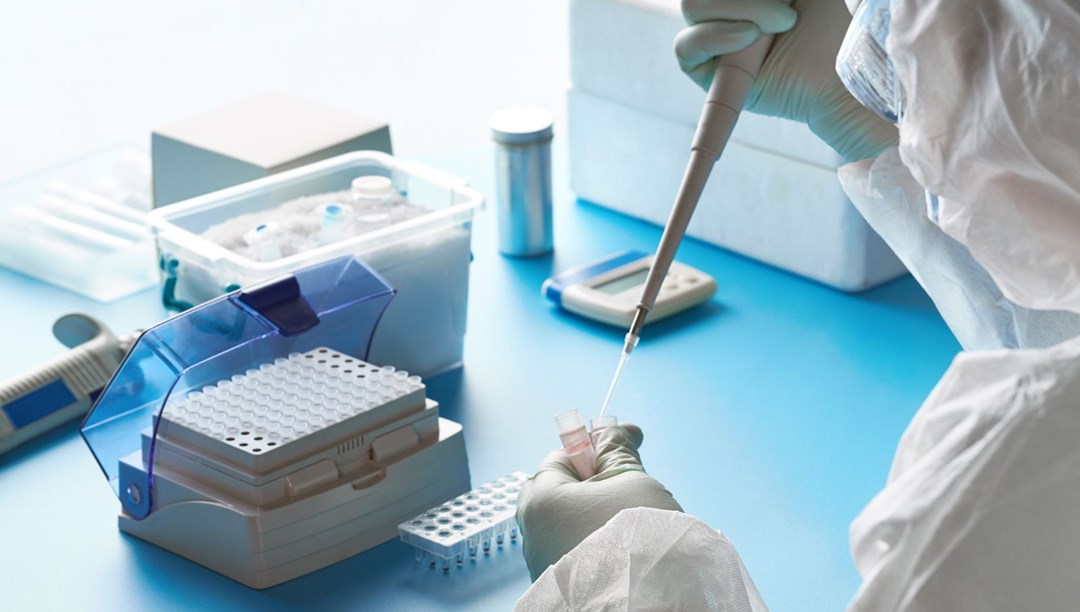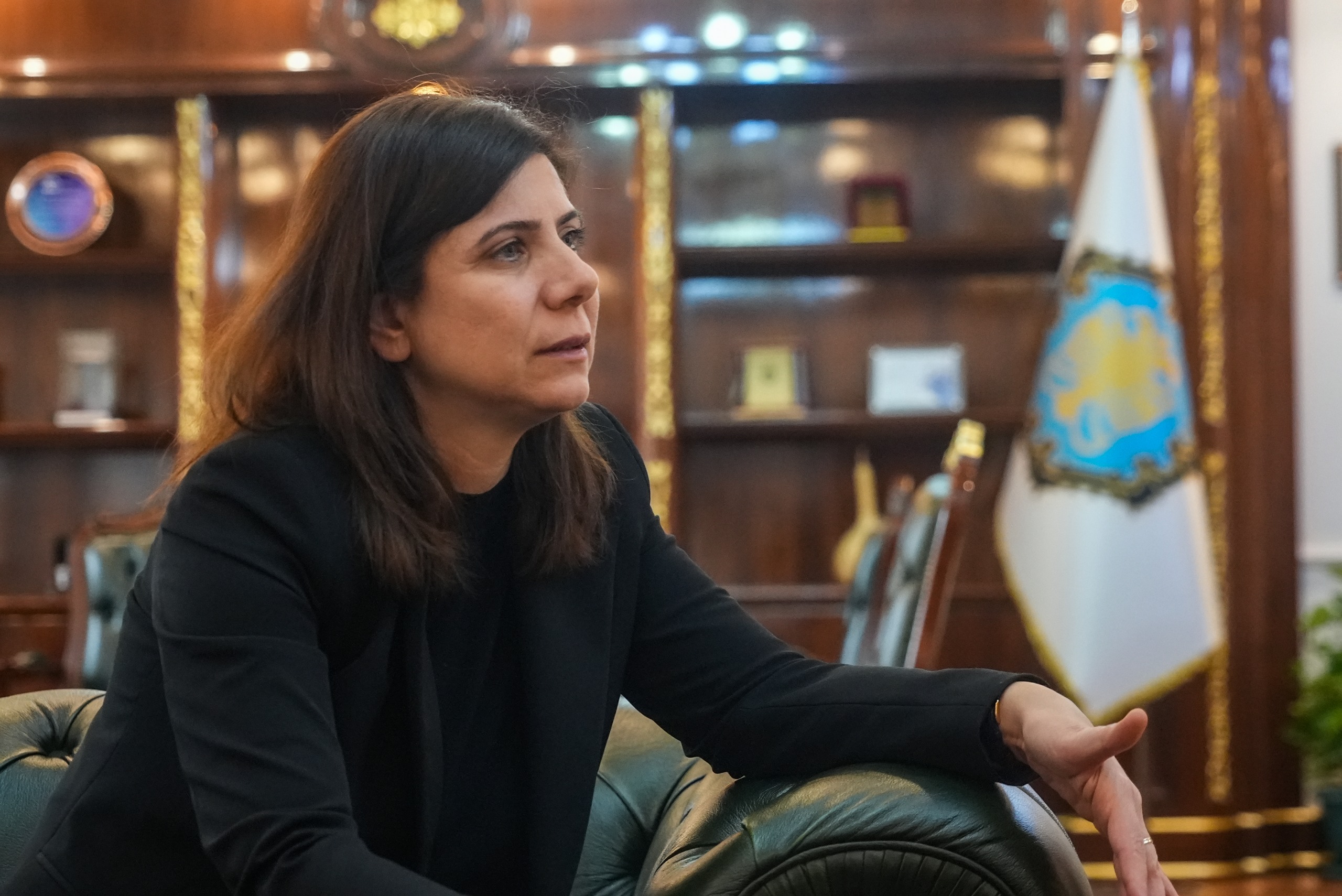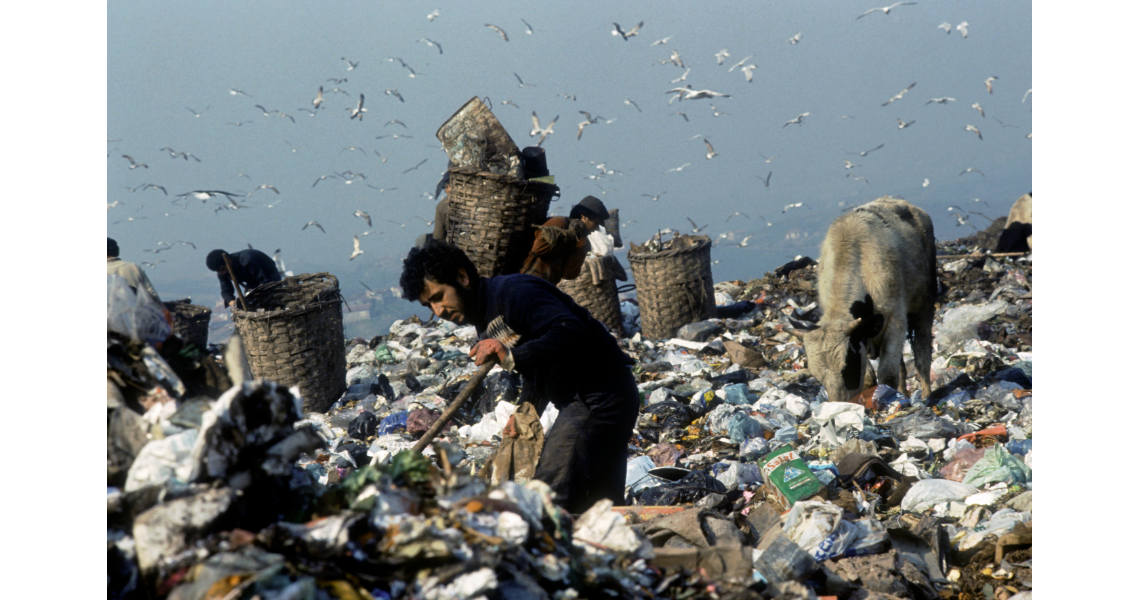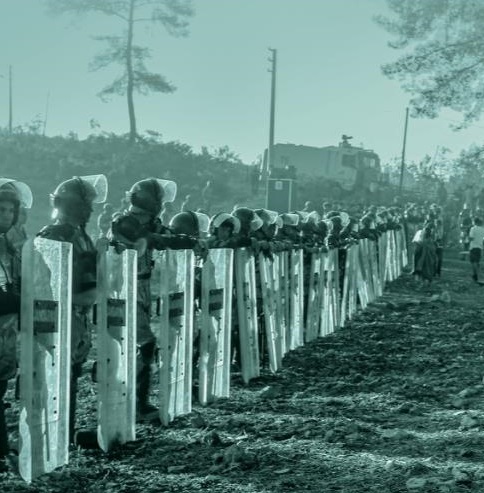VURAL ÖZDEMİR/TORONTOWe do not know the true scale of the COVID-19 pandemic in Turkey and the world. When will it be safe to reopen schools, go back to work and daily life again? What if you already had the infection without symptoms, recovered and now immune? Widespread antibody blood testing can help answer these questions and should be developed and made broadly available, together with the current tests that detect the virus.
Everything has a history. Some histories are hidden from the public. Infections are no exception. The true scale and the contagion history of disease outbreaks remain in the dark when governments limit diagnostic testing to prioritize markets over public health or if the majority of infections are asymptomatic. In the case of COVID-19, both of these setbacks, political and biological, are at play and currently preventing an effective and democratic response to the pandemic in Turkey and the planet.
The presently available COVID-19 tests identify the coronavirus nucleic acid in the respiratory tract of a person. However, once a person recovers and clears the virus, the current tests do not tell us whether a person had COVID-19 in the past.
Antibodies are molecules that circulate in the blood (plasma), produced by our immune system to neutralize the invading foreign microbes. Recent research shows that specific coronavirus antibodies are measurable in the plasma starting within the first 10 days after the onset of COVID-19 clinical symptoms.
Most governments have not yet taken up this second type of (antibody) testing for the coronavirus. Antibody tests can be performed using a small blood sample to address three previously unanswered questions that are crucial for public health, trust in pandemic governance and planetary economy.
1. What is the true scale of the pandemic?
About 80% of infections by the new coronavirus appear to cause no or mild to moderate symptoms. This means by testing only the very active cases for political expediency, the governments have been reporting merely the tip of the pandemic iceberg. Also, the past infections cannot be picked up by the virus nucleic acid tests currently performed across the world.
With the coronavirus antibody testing, we can track the truth. We can detect the large numbers of past COVID-19 infections without clinical symptoms or those misdiagnosed as influenza. Then, we can compare the antibody test statistics with those reported by health authorities that have insisted, until March 11th, that Turkey is free from coronavirus in the midst of a planetary scale outbreak.
2. When will it be safe to return to society, school or work?
The pandemic is stressful, to put it mildly, not least because there appears to be no end in sight. When will it be safe to reopen schools, go back to work and daily life again? Widespread antibody testing can help address this uncertainty in several ways.
It would help health care workers to learn whether they had the virus and are now immune and thus can continue to care for patients with COVID-19. This would help reduce the need for quarantine if a person is already immune. Antibody testing could also help prevent planetary economic depression as it might allow those with immunity go back to work.
Both antibody blood test and virus testing in nasal swabs are necessary to ensure those who go back to work are immune, and do not carry the virus as a risk to others. Additionally, because we do not know exactly how long the immunity to COVID-19 lasts, and the virus might mutate, public health measures such as hand washing and social distancing should continue to be practiced by those who became immune.
To reopen schools, we need to know whether the children don’t get infected easily compared to adults or the infections in children have a mild or silent clinical course. Antibody testing for COVID-19 would answer this uncertainty and help decide when it is safe to reopen schools.
3. Is there an interim solution until a vaccine is available?
A vaccine against COVID-19 is at least 12 months away. We need an interim solution until then. There are growing numbers of COVID-19 survivors. Their convalescent plasma rich in antibodies can potentially protect the not-yet-infected healthy people or help treat patients critically ill with the new coronavirus. Widespread antibody testing would help identify COVID-19 survivors who can be part of an interim solution.
The ‘convalescent plasma’ has been used for over 100 years, especially when there are no known cures against a new infectious disease: the 1918 influenza virus, the 2013 Ebola virus epidemic in West Africa, the SARS outbreak in Hong Kong, and most recently, in China in 245 patients with COVID-19. The latter experience suggests the plasma from recovered patients might improve clinical symptoms. Clinical testing of the convalescent plasma approach to COVID-19 is currently underway by researchers at Johns Hopkins University in Baltimore, United States. The results are anticipated by the end of June.
Widespread antibody blood testing can help answer these questions and should be developed and made broadly available, together with the current tests that detect the virus. This will also help forecast the future trajectory of COVID-19 in a scientific manner.
Author
Diplomat of the American Board of Clinical Pharmacology and Editor-in-Chief, OMICS: A Journal of Integrative Biology, New York.





